Scholars At Risk solicita a Venezuela que libere al dirigente estudiantil Carlos Ramírez
![]() On May 15, 2017, Carlos “Pancho” Ramirez, a law student and activist at the Universidad de los Andes (ULA), was detained by Bolivarian Military Guard (GNB) soldiers, apparently in connection with student protests he had attended.
On May 15, 2017, Carlos “Pancho” Ramirez, a law student and activist at the Universidad de los Andes (ULA), was detained by Bolivarian Military Guard (GNB) soldiers, apparently in connection with student protests he had attended.
Mr. Ramirez is a prominent activist and a leader of Movimiento 13, one of Venezuela’s most well-known student-activist groups. Since 2014, Movimiento 13 and other student groups across Venezuela have organized frequent demonstrations and marches to protest President Nicolas Maduro, who has come under increasing criticism for threatening democratic systems and values.
Sources indicate that in the early morning hours of May 15, Mr. Ramirez left his home to attend the “Plantón Nacional” (or “National Stand”) protest in Mérida. While en route, GNB soldiers reportedly intercepted Mr. Ramirez, took him into custody, and transported him to GNB headquarters in Urbanización La Mata, Mérida, where he was reportedly detained incommunicado until May 17. Authorities then transferred Mr. Ramirez to a military airbase in Barquisimeto to be tried on charges of “rebellion” and “threatening or offending soldiers,” apparently based on his involvement in recent student protests. Sources indicate that he was not permitted to be represented by a lawyer of his choosing, and instead was appointed a military attorney. However, after his trial began, he was allowed to meet with a lawyer from Foro Penal Venezolano, a Venezuelan legal assistance organization. As of this report, the evidentiary basis for his detention and the charges brought against him remains unclear. If convicted, Mr. Ramirez could face up to 14 years in prison.
Scholars at Risk is concerned about the detention and prosecution of a student in apparent retaliation for the nonviolent exercise of the rights to freedom of expression and association — conduct which is expressly protected under international human rights instruments including the Universal Declaration of Human Rights and the International Covenant on Civil and Political Rights, to which Venezuela is a party. State authorities have a responsibility to protect the rights to academic freedom, freedom of expression, and freedom of association, so long as they are exercised peacefully and responsibly. In addition to the harm to the immediate victims, such incidents have a chilling effect on academic freedom, institutional autonomy, and democratic society generally.
http://monitoring.academicfreedom.info/reports/2017-05-15-universidad-de-los-andes


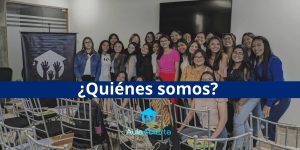
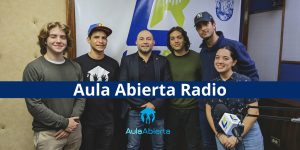


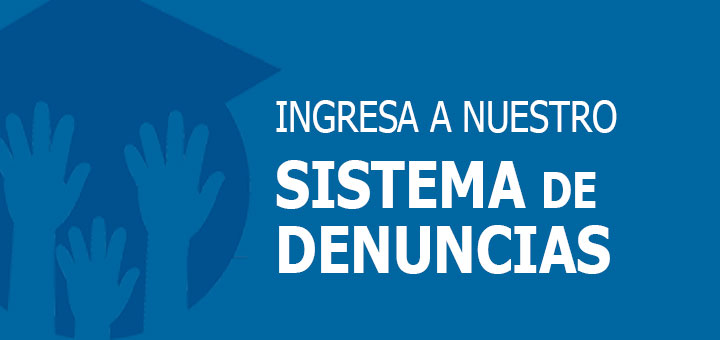
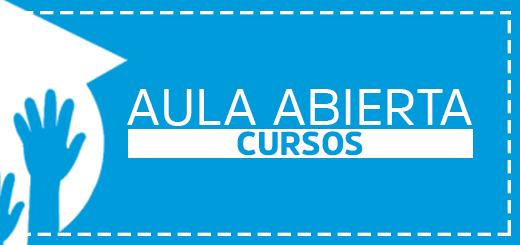
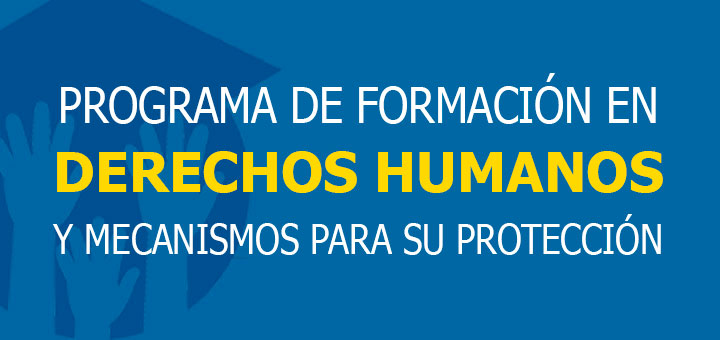
1 respuesta
[…] http://aulaabiertavenezuela.org/index.php/2017/05/19/1407/ […]